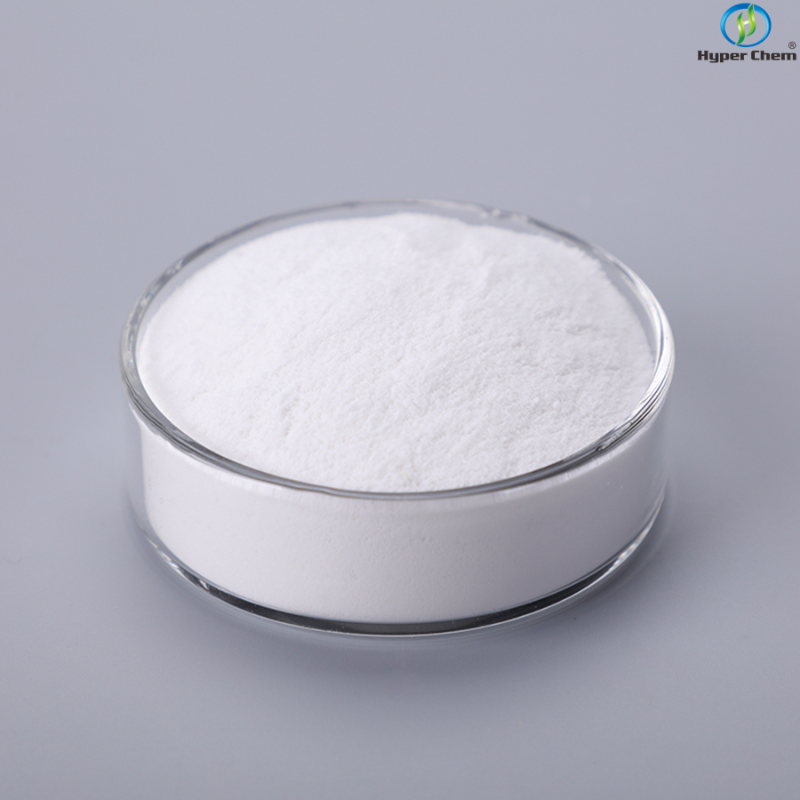-
Categories
-
Pharmaceutical Intermediates
-
Active Pharmaceutical Ingredients
-
Food Additives
- Industrial Coatings
- Agrochemicals
- Dyes and Pigments
- Surfactant
- Flavors and Fragrances
- Chemical Reagents
- Catalyst and Auxiliary
- Natural Products
- Inorganic Chemistry
-
Organic Chemistry
-
Biochemical Engineering
- Analytical Chemistry
-
Cosmetic Ingredient
- Water Treatment Chemical
-
Pharmaceutical Intermediates
Promotion
ECHEMI Mall
Wholesale
Weekly Price
Exhibition
News
-
Trade Service
This article is from the NEJM Journal Watch Adverse Events Associated with CAR-T Therapy Review of Adverse Events Associated with CAR-T Therapy by Brady Stein, MD, MHS Bleeding or thrombosis occurs in some patients, especially those with older patients.
Patients with high-grade ICANS
.
Chimeric antigen receptor T-cell (CAR-T) therapy has had a profound impact on patients with chemotherapy-refractory B-cell lymphoma or acute B-lymphocytic leukemia (B-ALL) and appears to be manifested in multiple myeloma out of prospects
.
This therapy is currently known to be associated with certain toxicities, including cytokine release syndrome and immune effector cell-associated neurotoxicity syndrome (ICANS)
.
However, we do not yet know whether CAR-T therapy increases the risk of bleeding or thrombosis
.
To answer this question, we conducted a retrospective single-center analysis of 111 patients with relapsed or refractory diffuse large B-cell lymphoma and 16 patients with B-ALL, all of whom received CAR-T therapy
.
Of these, 89 patients received axi-cel and 38 received a bispecific CD 19/22 CAR construct
.
Important findings were as follows: 12 patients (9.
4%) had a protocol-defined bleeding event within 1 month of receiving CAR-T therapy; 7 events occurred after patient discharge
.
Hemorrhagic events included 6 cases of gross hematuria, 2 cases of soft tissue hemorrhage, 2 cases of subdural hematoma, 1 case of gastrointestinal bleeding and 1 case of hemoptysis
.
In multivariate analysis, only baseline thrombocytopenia was associated with bleeding events
.
High-grade ICANS is associated with bleeding and coagulation abnormalities, including prolonged prothrombin time, decreased fibrinogen, and increased d-dimer
.
Thrombotic events occurred in 8 patients (6.
3%) within 3 months of treatment, including 5 cases of deep vein thrombosis, 2 cases of splanchnic vein thrombosis, and 1 case of stroke
.
High-grade ICANS is associated with thrombosis
.
Anticoagulation therapy was not associated with bleeding events
.
Commentary This article describes a relatively unknown toxicity of CAR-T therapy and identifies patients requiring close follow-up, especially those with baseline thrombocytopenia or higher-grade ICANS
.
Given the relatively low incidence of thrombosis, it is difficult to identify patient-specific characteristics associated with thrombosis risk other than ICANS
.
The results of this study help us to further understand the adverse events associated with CAR-T therapy, and also show that anticoagulant therapy is well tolerated in this study population, which is reassuring to some extent
.
Reviewed article Johnsrud A et al.
Incidence and risk factors associated with bleeding and thrombosis following chimeric antigen receptor T-cell therapy.
Blood Adv 2021 Nov 9; 5:4465.
(https://doi.
org/10.
1182/bloodadvances.
2021004716 ) Related readings NEJM Journal Watch NEJM Journal Watch (NEJM Journal Watch) is published by the NEJM Group.
It invites internationally renowned doctors to comment on important papers in the medical field and helps doctors understand and apply the latest developments
.
"NEJM Frontiers of Medicine" translates several articles every week, publishes them on the app and official website, and selects 2-3 articles and publishes them on WeChat
.
Copyright Information This article was translated, written or commissioned by the NEJM Frontiers in Medicine, jointly created by Jiahui Medical Research and Education Group (J-Med) and The New England Journal of Medicine (NEJM)
.
The full text of the Chinese translation and the included figures are exclusively authorized by the NEJM Group
.
If you want to reprint, please leave a message or contact nejmqianyan@nejmqianyan.
cn
.
Unauthorized translation is an infringement, and the copyright owner reserves the right to pursue legal responsibility
.







